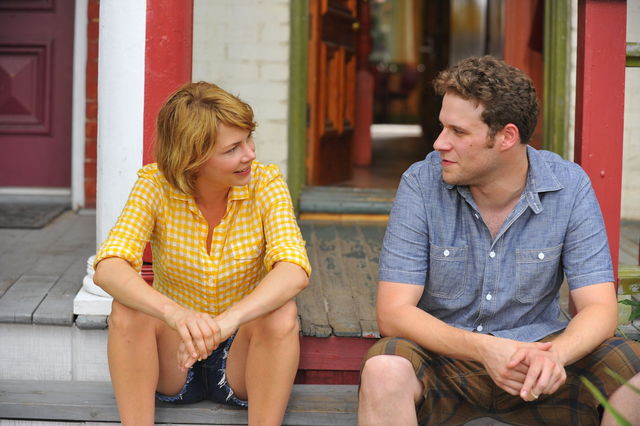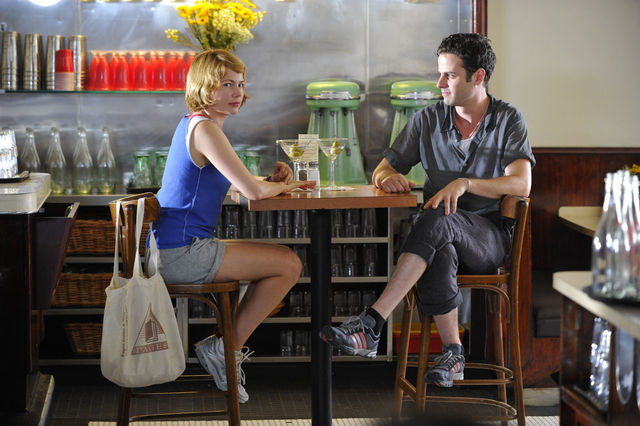Film Review: Michelle Williams Contemplates Infidelity In Take This Waltz
Indie Drama About Infidelity Hits Like A Cold Shower


“No

I loved you in The Green Hornet.”

Nothing beats Martinis for lunch.


